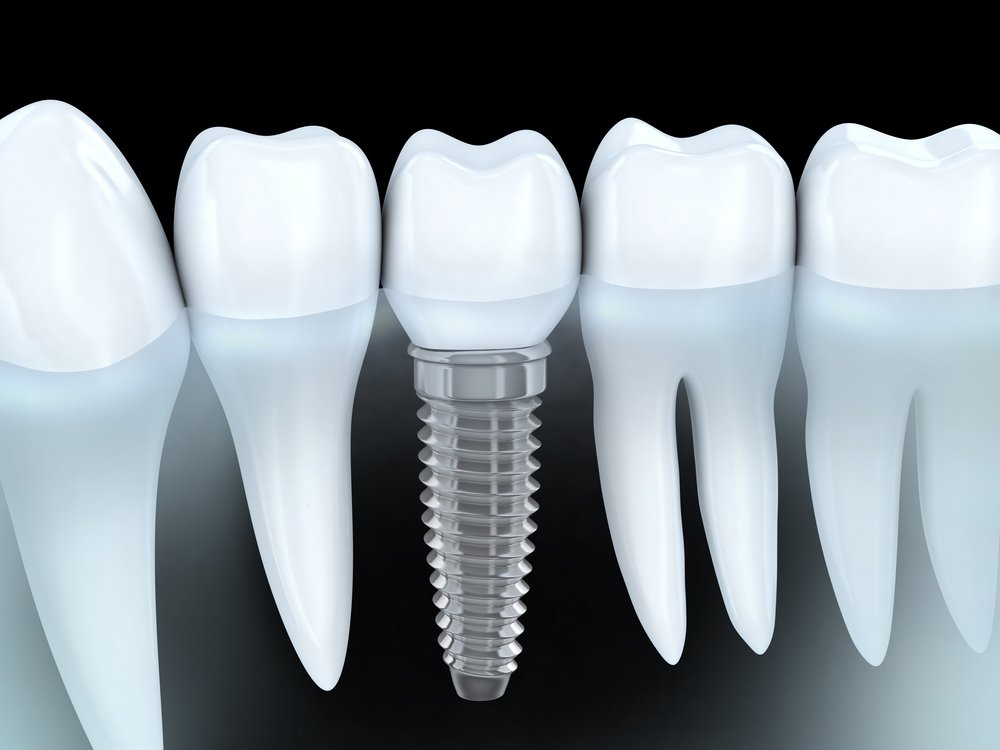
Teeth Replacement
Teeth replacement, often necessary due to tooth loss from decay, injury, or other oral health issues, is a transformative solution restoring both function and aesthetics to one’s smile.
Dental implants represent a cutting-edge approach to teeth replacement. They consist of titanium posts surgically implanted into the jawbone, mimicking the root structure of natural teeth. This integration provides a sturdy foundation for various prosthetic options, such as crowns, bridges, or dentures.
The benefits of dental implants extend beyond mere aesthetics. They offer remarkable stability and durability, allowing for comfortable chewing and speaking without the worry of slippage or discomfort often associated with traditional dentures.
Moreover, implants help preserve jawbone density by stimulating bone growth, preventing the deterioration that commonly occurs after tooth loss.
The process of getting dental implants typically involves several stages, including consultation, implant placement surgery, osseointegration (the fusion of implants with the jawbone), and attachment of the prosthetic teeth. While it may require several months to complete, the result is a long-lasting, natural-looking smile that enhances both oral function and overall confidence.
For those seeking a less invasive or more affordable option, alternatives like bridges or removable dentures remain viable choices. Dental bridges utilize adjacent teeth as support for prosthetic teeth, effectively “bridging” the gap left by missing teeth. While not as permanent as implants, bridges offer a durable solution with a shorter treatment timeline.
Removable dentures, whether partial or full, provide another option for teeth replacement. While lacking the stability of implants or bridges, dentures are often a more accessible choice for those with budget constraints or medical considerations that preclude surgery.
Ultimately, the decision on the best teeth replacement option depends on various factors, including oral health status, budget, and personal preferences. Consulting with a qualified dentist or prosthodontist can help individuals navigate these choices and determine the most suitable solution to restore their smile and oral function effectively.

